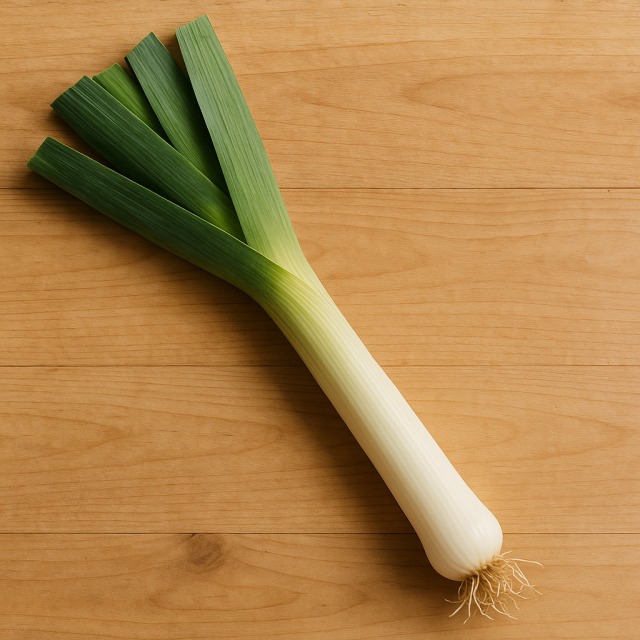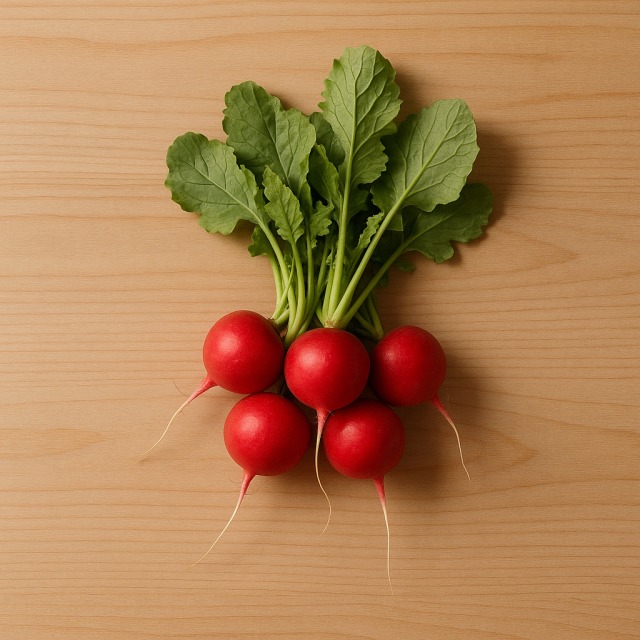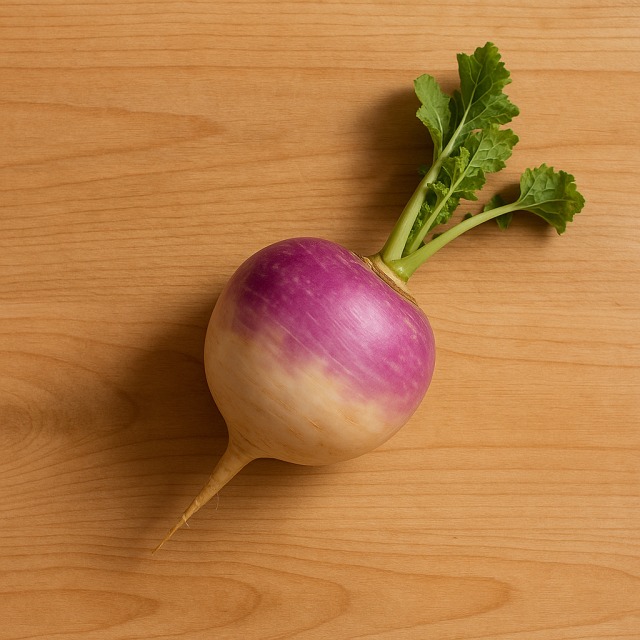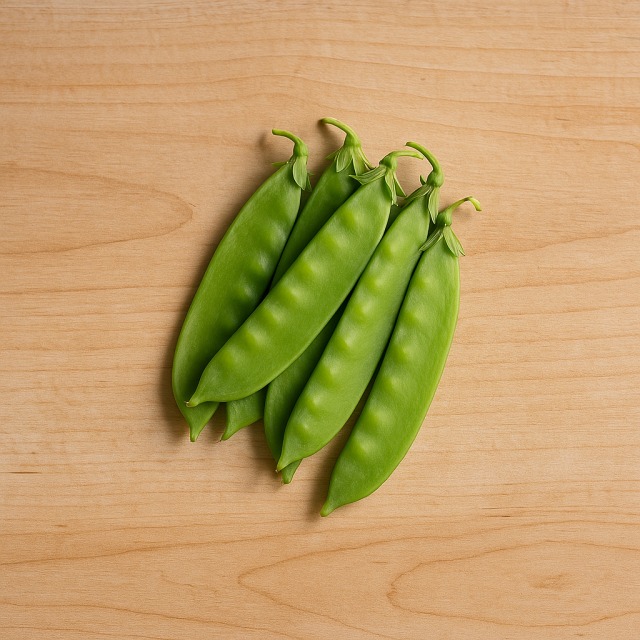Calorie Chart / Vegetables / Onion
How Many Calories Are in Onion?
Calculation of the nutritional value & Recommended Dietary Intake of onion
For g and a calorie requirement of kcal
| Calories 10 kcal | Proteins 0.3 g | Lipids 0 g | Carbohydrates 1.8 g |
| 1% | 0% | 0% | 1% |
Health benefits of onion

Onion - 100g
Calories 34 kcal
Proteins 1 g
Lipids 0.1 g
Carbohydrates 6 g
The onion is a low-calorie vegetable (only 34 kcal per 100 g), which makes it a smart ally whenever you try to watch your daily calorie intake. Its modest calorie load contrasts with a remarkable density of micronutrients: vitamin C for immune support, vitamin B6 and folate for energy metabolism, plus potassium that helps regulate blood pressure. Several polyphenols, mainly quercetin, give the onion antioxidant power that is supposed to contribute to cardiovascular protection. Because it delivers flavor without piling on calories, it is frequently recommended in weight-management menus.
Onions supply inulin-type prebiotic fibers that nourish the gut microbiota; a balanced microbiota is increasingly linked (still under investigation) to better weight control and more efficient calorie usage. Historically, ancient Egyptians considered the onion a symbol of eternity and carried it during long journeys for its long shelf life and low-calorie nourishment. Compared with other low-calorie vegetables such as carrot, bell pepper, or broccoli, the onion stands out for its sulfur compounds responsible for the characteristic tear-provoking aroma; these same compounds are associated with potential anti-inflammatory effects. Overall, the onion is a flavor booster that keeps calories in check while adding color and crunch to dishes.
Tips for incorporating onion into a balanced diet
If you want to keep your plate light in calories yet tasty, start a meal with a raw onion and tomato salad, drizzled with a teaspoon of vinegar and a touch of olive oil. Raw preparations preserve crunch and avoid extra cooking fats, keeping calories minimal. For a comforting but still moderate-calorie main course, prepare a classic French onion soup using reduced-sodium broth and limiting cheese topping; serve it with a side of steamed green beans instead of bread to save calories.
In hot dishes, lightly brown sliced onions in a non-stick pan with just a film of oil, then combine them with lean proteins such as cubes of chicken in a quick stir-fry or fold them into a homemade ratatouille. Adding onion to beef bourguignon or a vegetable curry intensifies flavor so you can cut back on salt and sauces, indirectly trimming calories. Caramelized onions are delicious on a thin-crust homemade pizza; bake at a high temperature so the sugars in the onion develop without needing extra sugar—another stealth way to keep calories under control while still enjoying a gourmet touch.
Frequently Asked Questions
- How many calories are in onion?
- There are 34 kcal per 100 g.
- Does cooking onion change its calorie content?
- The intrinsic calories of the onion stay roughly the same; what changes the total calories of the dish is the fat or sugar added during cooking.
- Is onion good for low-calorie diets?
- Yes, its 34 kcal per 100 g classifies it as a low-calorie food that adds flavor without inflating daily calorie totals.
- Are red and white onions different in calories?
- The color has minimal impact; both varieties revolve around 30–40 kcal per 100 g, so the calorie difference is negligible.
- Can eating raw onion help burn more calories?
- No food "burns" calories directly, but the fiber in raw onion can increase satiety, potentially helping you consume fewer calories overall.
Similar foods
Information provided by Calorie Menu may contain inaccuracies or errors. It cannot, under any circumstances, substitute medical advice or medication.










